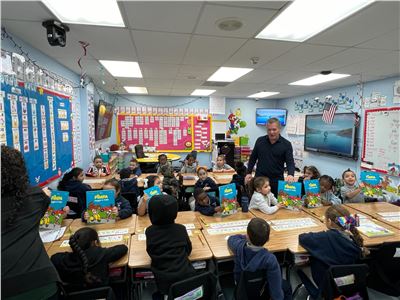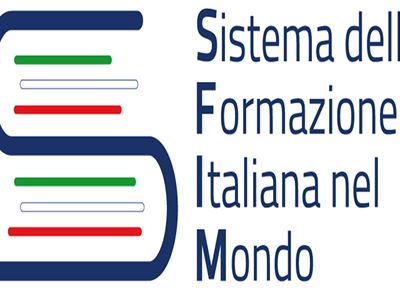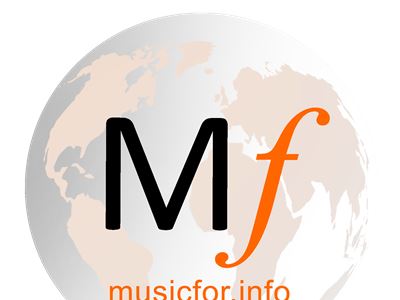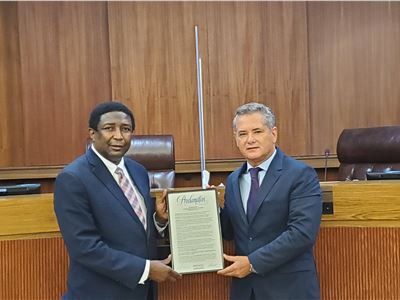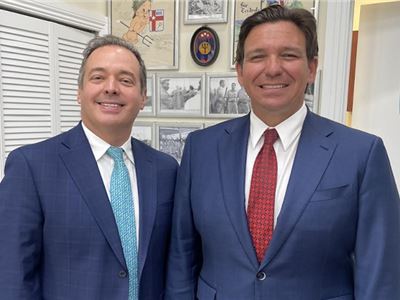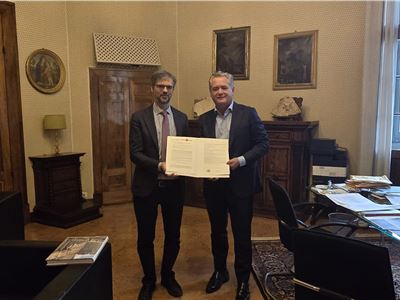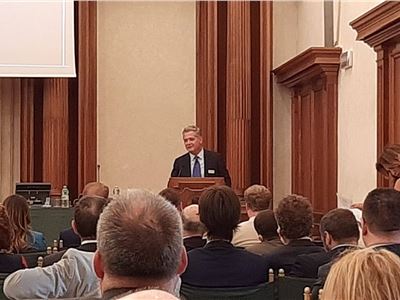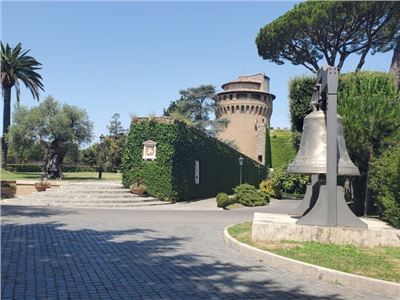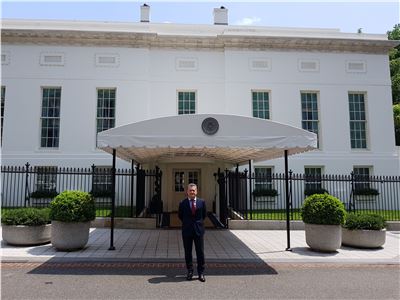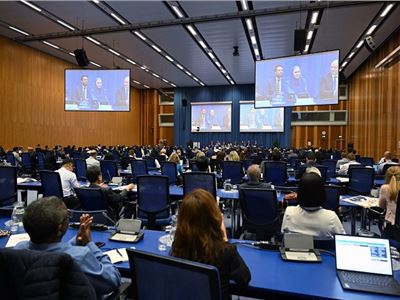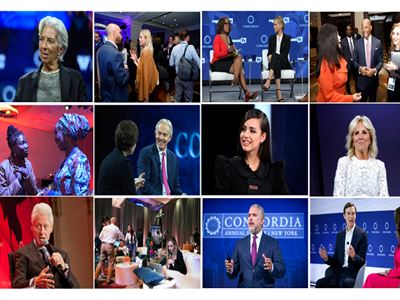June 2014, 2nd edition
EU Kids Online seeks to enhance knowledge of European children's use, risk and safety online
Released this week
New short report: Children’s online experiences in socially disadvantaged families. European evidence and policy recommendations.
· Families’ educational and economic background is shown to play a major but complex role in how the internet is used by children.
· Children of lower educated parents are often left alone when dealing with the internet, and they often find it difficult to take advantage of the opportunities offered by media or to cope adequately with the risks that they might encounter while using them.
Presentation to the CEO Coalition, Brussels.
· Comparisons of survey findings from 2010 to 2014 show that internet access is now far more mobile and personal.
· Possibly in consequence, children’s reported risk of harm online has also increased – with variations by risk type, gender, age and country.
· Children's digital literacy and safety skills, however, struggle to keep pace with these changes, although some improvements are encouraging.
· In addition, new qualitative research shows that children are doing their best to cope with online problematic situations, but that they need more support from parents, schools and industry.
Recently announced
Report: Meaning of online problematic situations: results of a qualitative investigation in nine European countries.
· Press release: Children are influenced by sensationalist media.
· Interviews show that younger children’s awareness of online risks reflects the concerns of the media and parents, while older children draw more on personal and peer experiences.
· Children report encountering violent, vulgar or sexual content; perpetrating or witnessing hateful, vulgar or nasty messages; being killed, cursed or excluded in online games; sending inappropriate “friend” requests and communicating with older/adult strangers.
· The report also reveals a diverse set of ways in which children try to cope with online risk of harm.
· Though many parents try to help, children find some parental accounts of what’s ‘bad’ online more confusing than helpful.
Report: Policy influences and country clusters: a comparison of internet safety policy and implementation:
· Reveals a divide between parts of Europe that enjoy better or lesser public support for internet safety.
· Finds that ‘Unprotected networkers’ and ‘Semi-supported risky networkers’ country clusters display uneven commitments, with lower levels of investment, coordination and public sector involvement.
· Recommends that support for a broad and coordinated spectrum of activities involving multiple stakeholders and using diverse methods is vital.
EU Kids Online has contributed to mapping media education policy and practice around Europe, with 29 country reportsmaking generally dismal reading regarding the uneven or lapsed support for children’s media education in the digital age.
Book: Towards a Better Internet for Children: Policy pillars, players and paradoxes.
Presentation to an EC workshop on parental controls.
European evidence database, report on available research and methodological FAQs are all recently updated.
Further information
The EU Kids Online network is busy in its 33 countries analysing our survey results and qualitative interviews with children about the changing online environment.
Visit www.eukidsonline.net for links to all our reports and project information. Please join us on Facebook and Twitter, and email usfor updates.
Do pass on this message to others interested in our work.
The EU Kids Online network
http://www.eukidsonline.net



